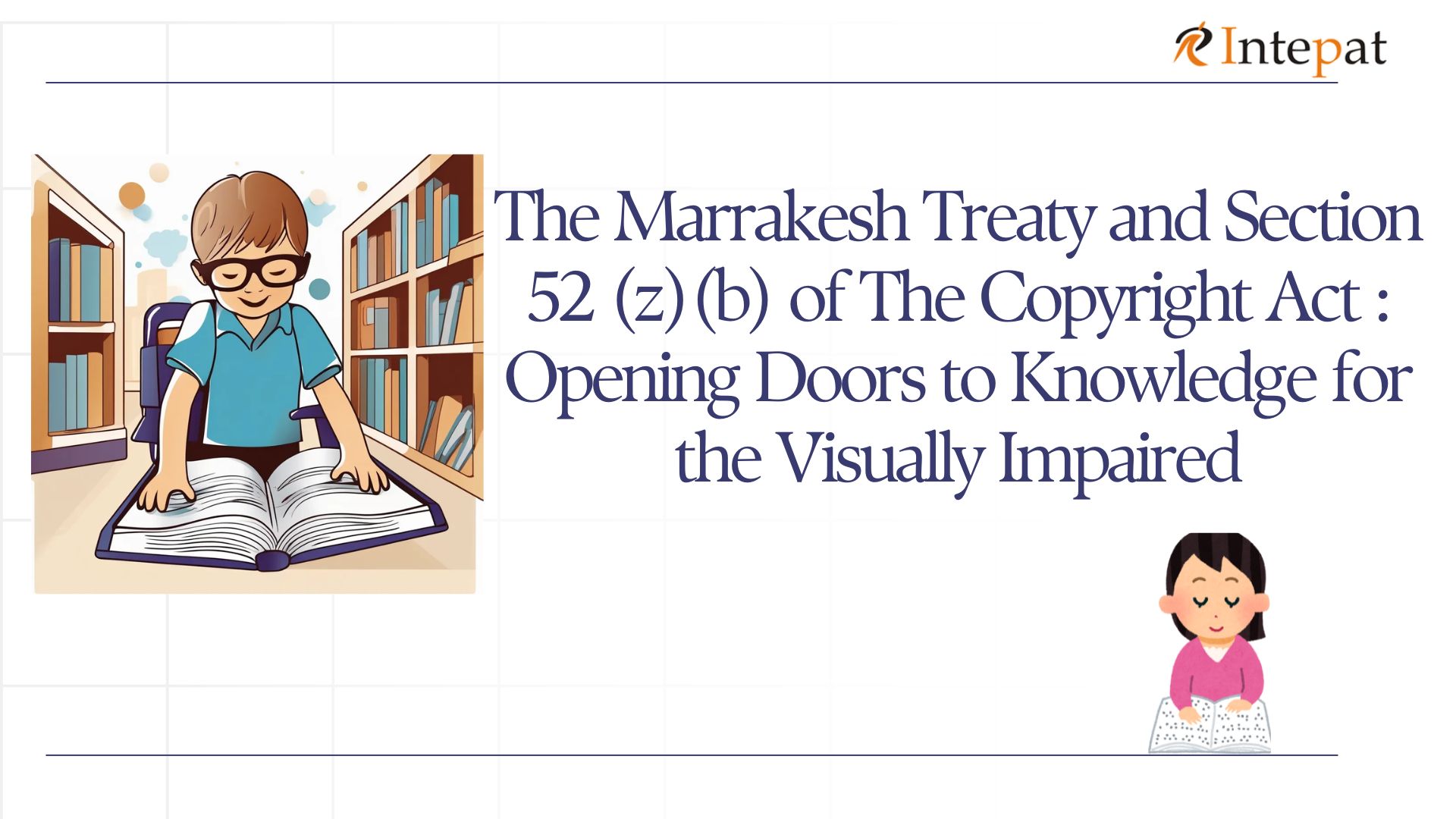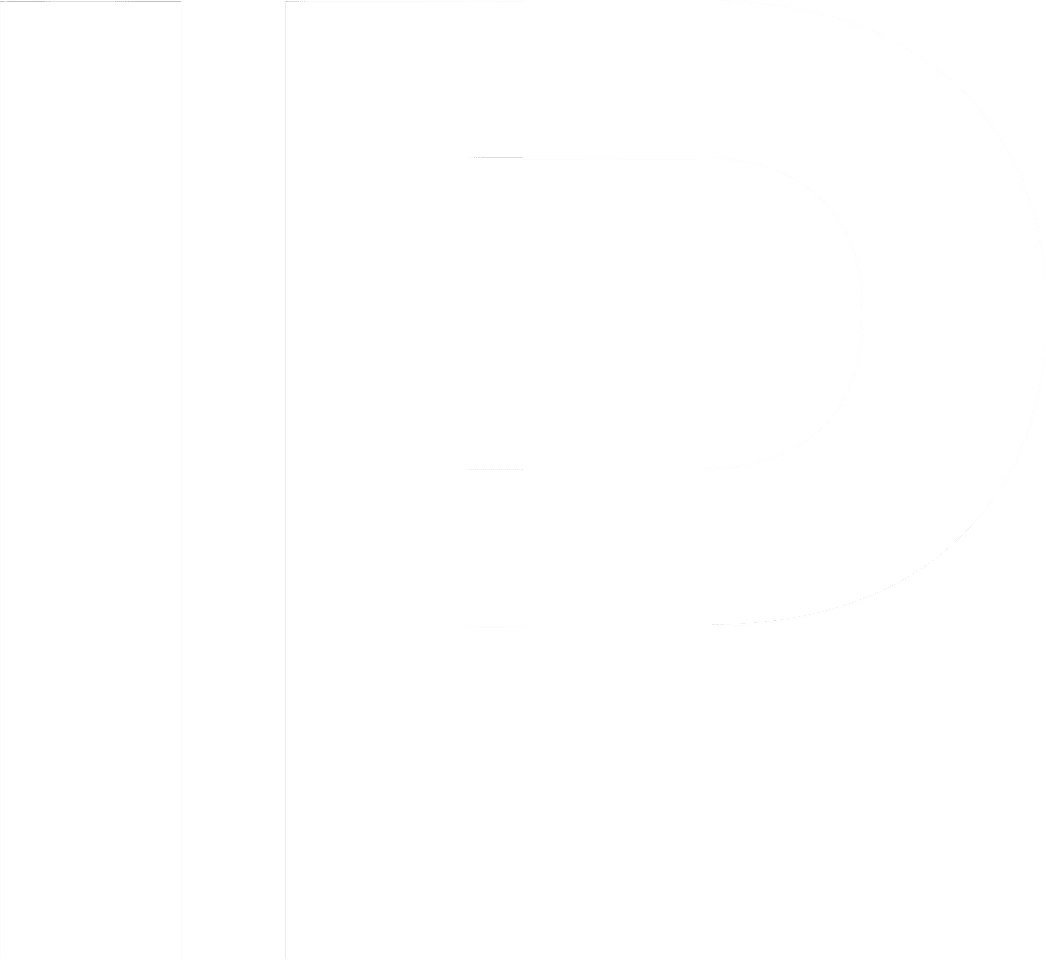
Knowledge has the potential to transform lives by opening doors to education, career opportunities, and personal growth. However, for millions of individuals who are blind, visually impaired, or print-disabled, accessing this knowledge has long been a significant challenge. The global “book famine” — a widespread lack of reading materials in accessible formats like braille, large print, and audiobooks — has restricted educational and professional opportunities for visually impaired individuals, effectively side lining them from full participation in society.
The Marrakesh Treaty, adopted by the World Intellectual Property Organization (WIPO) in 2013, directly addresses this issue by introducing amendments to copyright laws. This landmark treaty allows the creation and distribution of accessible versions of copyrighted works for visually impaired individuals without requiring permission from copyright holders. By enabling authorized organizations to produce and share these alternative formats, both within national borders and internationally, the Marrakesh Treaty has become a vital tool in bridging the global book famine and ensuring access to knowledge for those who have long been excluded. India’s role as the first country to ratify the Marrakesh Treaty demonstrates its ongoing commitment to prioritizing public welfare over corporate interests. In various international negotiations, India has consistently championed policies that advocate for the public good, making its stance on intellectual property and accessibility particularly noteworthy.
Section 52(1) (zb) of the Copyright Act: Special Exceptions for Visually Impaired Individuals
Section 52 of the Indian Copyright Act plays a crucial role in ensuring access to knowledge for the visually impaired. This provision, which was amended in 2012 in response to the Marrakesh Treaty, allows for specific exceptions to copyright law. Section 52(1) (zb) permits the reproduction, adaptation, and distribution of copyrighted works in accessible formats such as braille, Daisy, large print, and talking books for individuals who are blind, visually impaired, or print-disabled.
The provision empowers authorized entities—such as libraries, educational institutions, and non-profit organizations—to create accessible, as long as no profit is made, with the production costs being the only recovery allowed. These accessible copies can only be provided to individuals who meet the criteria of visual impairment, ensuring that these resources are reaching those who need them the most. By implementing these changes, India has made significant strides in making knowledge more equitable and inclusive, effectively addressing the global book famine and supporting the goals of the Marrakesh Treaty.
The Impact of the Marrakesh Treaty
The Marrakesh Treaty is trying to improve knowledge accessibility for visually impaired individuals by enabling the production and distribution of accessible format works such as braille, large print, and audiobooks. Prior to the treaty’s implementation, more than 90% of copyrighted works were not available in accessible formats, leaving visually impaired individuals at a considerable disadvantage when it came to accessing essential educational, professional, and cultural materials.
The Marrakesh Treaty directly addresses this gap, asserting that knowledge should be available to all, irrespective of disability. By allowing authorized organizations to reproduce copyrighted works in accessible formats without needing to seek permission from copyright holders, the treaty has empowered visually impaired individuals to access textbooks, academic journals, professional development resources, and more. This has led to a more inclusive educational environment, where visually impaired students are able to learn alongside their peers and pursue their professional aspirations on an equal footing.
Since the treaty’s adoption, a number of organizations and non-profits have committed to increasing the availability of accessible materials. The Accessible Books Consortium (ABC), a public-private partnership initiated by WIPO in 2014, has played a significant role in this regard. The ABC’s mission is to expand the global collection of accessible books, making them available in formats like braille, audio, e-text, and large print. This initiative, along with the work of various non-governmental organizations (NGOs), has been instrumental in bridging the accessibility gap by producing a wider range of content, from educational materials to literary works, thereby ensuring that visually impaired individuals can fully engage in society.
Additionally, the treaty’s emphasis on non-profit distribution of accessible materials ensures that the focus remains on public welfare rather than profit, guaranteeing that visually impaired individuals can access these materials fairly and equitably. By facilitating the creation and distribution of accessible books, the Marrakesh Treaty has made remarkable progress in enhancing the accessibility of knowledge, ultimately empowering visually impaired individuals to lead more independent and fulfilling lives.
Conclusion
Intellectual property laws, while essential in protecting creators’ rights, often present significant challenges to public welfare, especially when they restrict access to knowledge for marginalized communities. The Marrakesh Treaty represents an effort to make intellectual property law more inclusive, ensuring that the needs of the visually impaired are met. By allowing the reproduction and distribution of copyrighted works in accessible formats, the treaty has bridged the knowledge gap for millions of individuals who have long been excluded from full participation in education, culture, and society.
With continued efforts from organizations such as the Accessible Books Consortium, the Marrakesh Treaty is helping to ensure that knowledge is no longer a privilege for the few, but a fundamental right for all. Through these advancements, the Marrakesh Treaty is transforming the landscape of knowledge accessibility, providing visually impaired individuals with the opportunity to live more independent, inclusive, and fulfilling lives. The success of the Marrakesh Treaty serves as a testament to the power of collaboration, innovation, and the ongoing fight for a more equitable society, where the value of knowledge transcends physical limitations.
Written by Debapom, an assessment intern at Intepat IP
